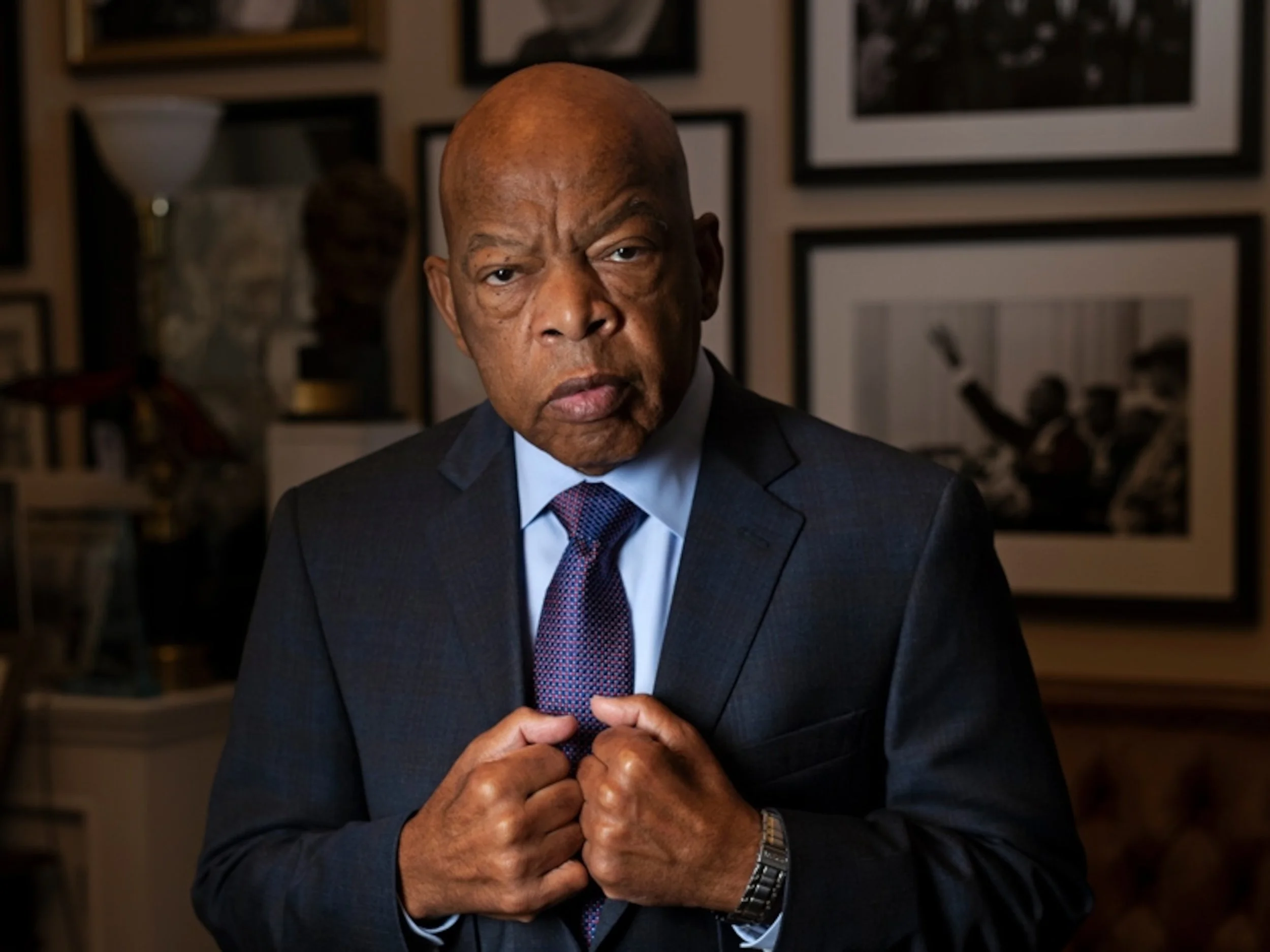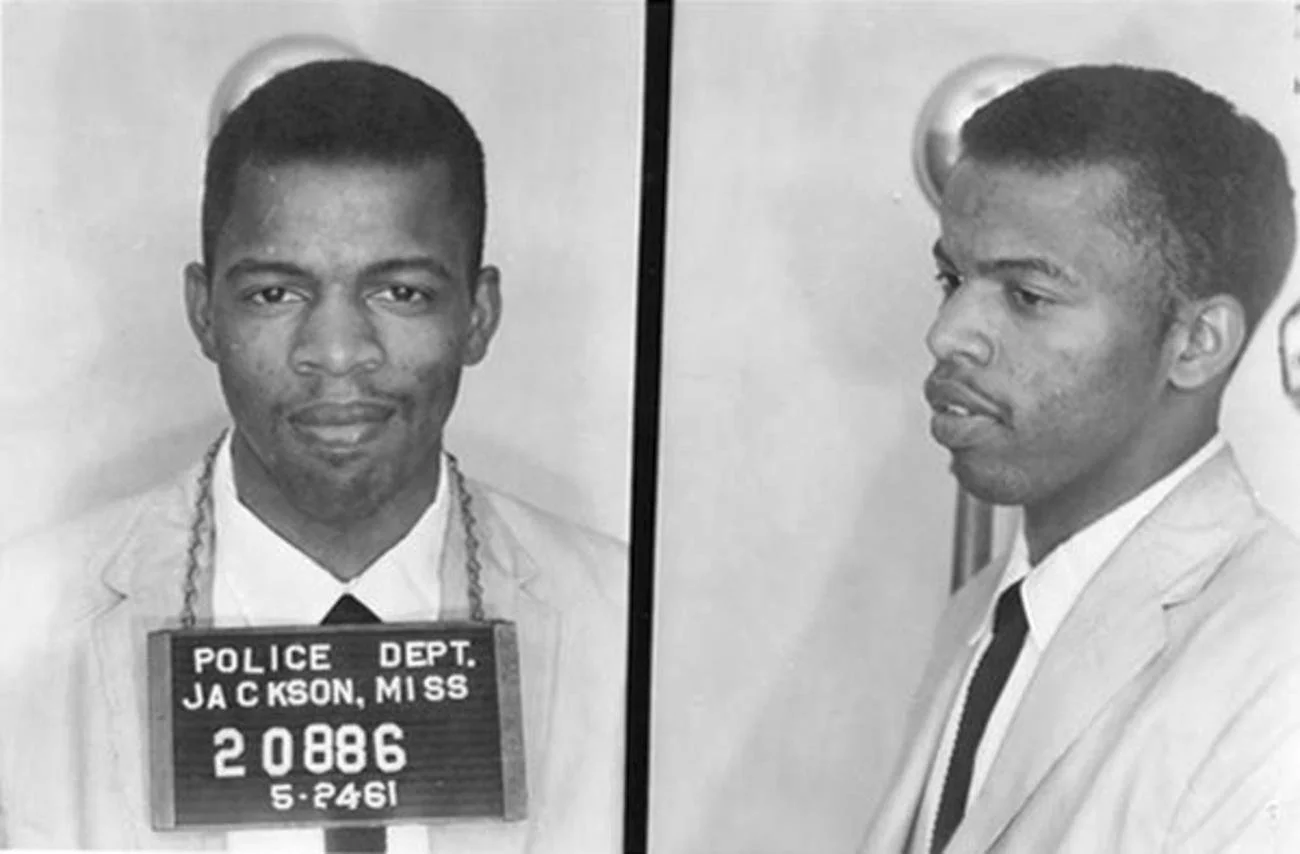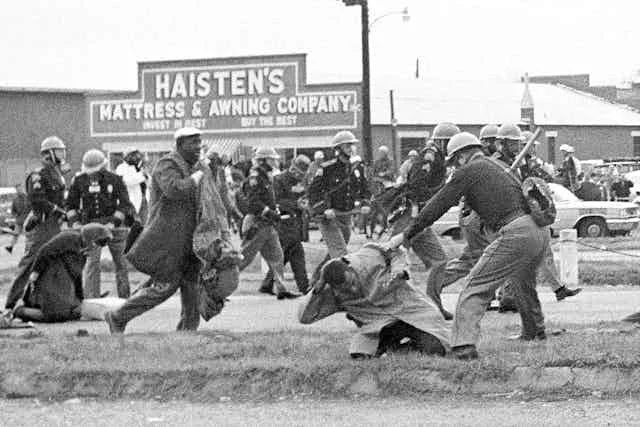Weekly Member Update - July 14, 2025
This week we pay tribute to the great civil rights icon, Congressman John Lewis. From 1987 until his death in 2020, Lewis served the people of Atlanta as their Representative in the House, where he was known as the “Conscience of Congress.” But Congressman Lewis’s work in the House — where he was an early and vocal opponent of the Iraq War and a persistent champion of social justice — was merely the second act in a remarkable life.
From an early age, the aspiring preacher who sermonized his family’s chickens as a boy was drawn to civil rights activism and organizing. In his 1998 memoir, Walking with the Wind: A Memoir of the Movement, Lewis recounted traveling to Buffalo, NY at age 11 to visit relatives and experiencing, for the first time, integrated public accommodations. At age 15, Lewis heard Dr. Martin Luther King Jr. on the radio and closely followed King’s work on the Montgomery Bus Boycott. Two years later, Lewis left his parents’ cotton farm in Alabama for Nashville, the epicenter of the struggle for civil rights in America, to attend seminary and university. As a student in Nashville, Lewis quickly became one of the movement's most charismatic and courageous leaders; his work in the Nashville Movement — a student-led effort to desegregate the City — incorporated nonviolent sit-in techniques based on the teachings of Gandhi, and established his trademark practice of “dressing sharp” at a protest in anticipation of his inevitable arrest. It was also during his time in Nashville that Lewis established his lifelong credo, the need to engage in "good trouble, necessary trouble" in order to achieve change.
Lewis served, alongside King and others, as a seminal figure in the major civil rights campaigns of the 1960s. At age 21, Lewis was one of the 13 original Freedom Riders and was the first Rider to be assaulted by segregationist whites for entering a whites-only waiting room in South Carolina. He later served 40 days in jail and was repeatedly beaten in conjunction with his work as a Freedom Rider. By 1963, Lewis had already been arrested 24 times in the fight for equal justice, but he steadfastly led the movement with strict adherence to the philosophy of reconciliation and nonviolence.
In the Summer of 1963, Lewis was the youngest of the “Big Six” organizers who led the March on Washington, the pivotal event that featured King’s “I Have a Dream” speech. By 1965, Lewis was organizing voting rights efforts in his native Alabama and played a prominent role in the Selma to Montgomery marches. On March 7, 1965 – a day that would become known as "Bloody Sunday" – Lewis and other organizers led over 600 marchers across the Edmund Pettus Bridge in Selma, Alabama. At the end of the bridge, protestors were met by Alabama State Troopers who ordered them to disperse. When the marchers stopped to pray, the police discharged tear gas and horse-mounted troopers beat them with nightsticks. Lewis's skull was fractured and he bore the scars of this televised assault for the rest of his life. In 2011, Lewis was awarded the Presidential Medal of Freedom by President Barack Obama, in recognition of Lewis’s activism, courage and leadership on behalf of the Civil Rights Movement.
The work and example of John Lewis has a renewed urgency and relevance now, in the Summer of 2025. Today, the fight is against anti-democratic authoritarianism, with anonymous federal agents terrorizing vulnerable communities across the nation and the Republican Party waging war on our American government and way of life. But the lessons and courage of John Lewis, as well as his embrace of nonviolent civil disobedience — Good Trouble — serves as a North Star for millions of Americans across the Country, and thousands across the Capital Region, as we resist and speak out against the inhumanity and calculated cruelty of Trump 2.0.
So, this Thursday, July 17, on the fifth anniversary of his passing, the members of Indivisible Albany will join with a diverse group of local activists and neighbors from across the Capital Region to commemorate the life and work of Congressman John Lewis. Gather with us at 6 pm in Townsend Park in the City of Albany, in the shadow of the statue commemorating the heroism of Albany’s own Harlem Hellfighter, Henry Johnson, who himself faces historical erasure from Trump and Pete Hegseth. Together with thousands across the nation, we will celebrate the legacy of John Lewis, demonstrate our continued resistance to the Trump regime, collect resources for vulnerable Capital Region communities and engage in a little Good Trouble!


